| Trouble viewing this email? Read it online. |

| February 12, 2021 | Submit a Note |
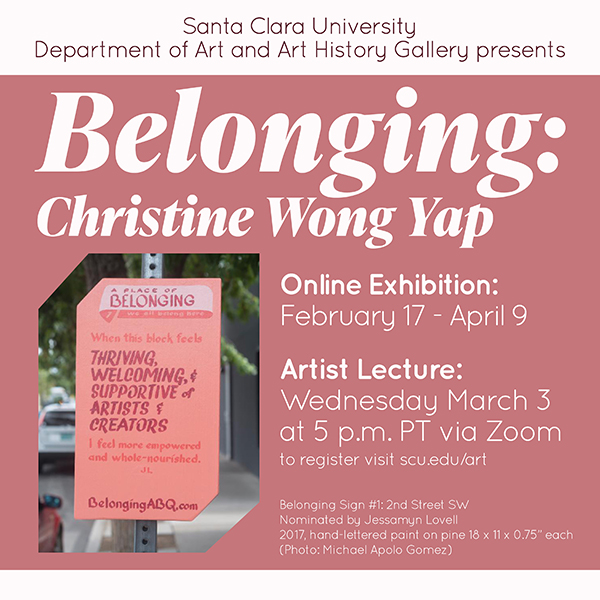 The Department of Art & Art History Gallery's second virtual exhibit opens next week.
I want to highlight two events hosted by the Center for the Arts and Humanities over the next couple of weeks. First, next Friday, The Urgency of Now: Perspectives from the Humanities on the Capitol Riots features Sonia Gomez (History), Dan Turkeltaub (Classics), and Juan Velasco (English) who will discuss the January 6 Capitol riots through the lens of the Humanities, moderated by Amy Randall (CAH, History). The following week, will feature a two-day symposium, “Resistance in the Materials”: A Gathering of Printers Pressing for Change, that focuses on letterpress history and anti-racist print practices and is co-sponsored with University of Maryland’s Center for Literary and Comparative Studies. I’m delighted to see how active the Center has been this quarter and think these events will be really great. Enjoy the long weekend we have ahead in honor of President’s Day! Daniel
Highlights
Nancy Unger's (History) essay "The LGBTQ+ community: an underappreciated resource in environmental awareness and protection," appears in On History, the historical magazine of the Institute of Historical Research (School of Advanced Study, University of London). It is the first in a new series of articles by 10 different scholars on ‘Environment & History,’ studies highlighting current research on histories of climate and environment and its relationship to contemporary thinking about the environment. The overarching point of Nancy's essay is to show how LGBTQ history contributes to a better understanding of ALL history.

David Gray (Religious Studies) is happy to report that an article of his "Bodies of Knowledge: Bodily Perfection in Tantric Buddhist Practice," was just published in the journal Religions, and is freely available on the journal website. It is a full translation of a short Indian Buddhist meditation text attributed to a pair of Indian saint sisters, Kanakhalā and Mekhalā, which is preserved in the Tibetan canon, and a reflection on its significance with respect to the embodiment issue. Image: Mekhalā and Kanakhalā
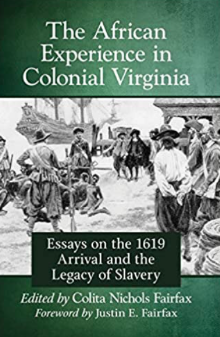
Tony Hazard's (Ethnic Studies) chapter "Race and Constructions of 'the Negro' in Colonial Virginia" was published in The African Experience in Colonial Virginia: Essays on the 1619 Arrival and the Legacy of Slavery (McFarland 2021), edited by Colita Fairfax of Norfolk State University. His chapter examines the notions of human difference, court rulings, and legal statutes that came to define Blackness as "unfree" in 17th and 18th century Virginia.
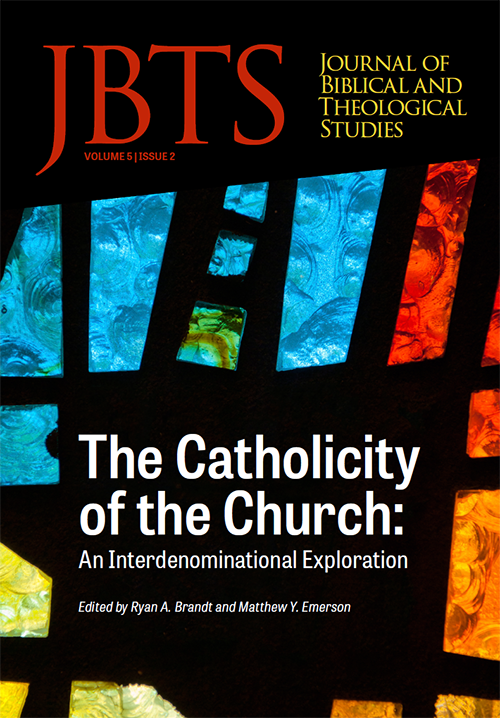
Eugene R. Schlesinger (Religious Studies) published the article, "Catholicity from an Anglican Perspective" in a special issue of the Journal of Biblical and Theological Studies, devoted to exploring the question of the Christian church's catholicity from inter-denominational perspectives. In it, he argues that the Anglican tradition understands catholicity as "the recognition that all Christian people belong together and that the ideal of the church is the visible union of all the baptized with one another and with Christ." This recognition leads to a commitment on the part of Anglican churches to view themselves as only provisional with an ultimate vocation to disappear for the sake of wider Christian unity.

Image: Elevating Emptiness Heather Clydesdale (Art and Art History) is presenting “Elevating Emptiness: The Power of Voids in Architecture and Design” at the College Art Association’s annual conference. The talk examines how contemporary architects in China and Japan use space and suggests how traditional philosophies and design principles can be reimagined to promote connections between people and environments today. The talk grew out of ideas in Heather’s art history and religious studies class, Fabricating Nature in East Asia. It is part of the panel “Addressing Design for Sustainability,” which will have a live discussion session on February 11.
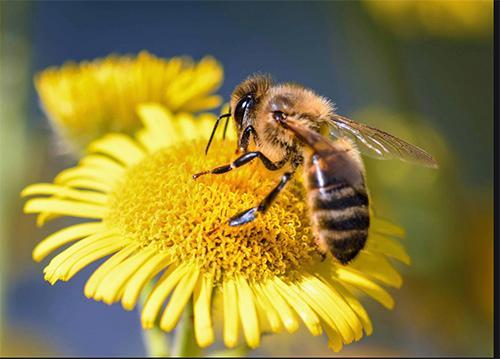
Virginia Matzek (Environmental Studies & Sciences) has a new paper out in PLoS One that asks whether public support for conservation activities like ecological restoration is enhanced by arguments that focus on humans. Virginia's specialty is "ecosystem services," the benefits that people receive from intact ecosystems—such as crop pollination from bats and bees, or flood control by riverbank forests. This work asked Australians to state how supportive they were of restoration scenarios that differed in whether they promised benefits to both habitats and humans, or just to habitats. The analysis showed that people who preferred the ecosystem-service scenario relied on different core values and environmental attitudes than those who supported the biodiversity-only scenario. This provides promising evidence that ecosystem service-based arguments draw in support for environmental conservation from non-traditional quarters. Image: Pollination of crops by bees is a type of "ecosystem service" to humans.
College of Arts and Sciences Calendar
|
| College of Arts and Sciences |
Questions? Contact Sandy Boyer |
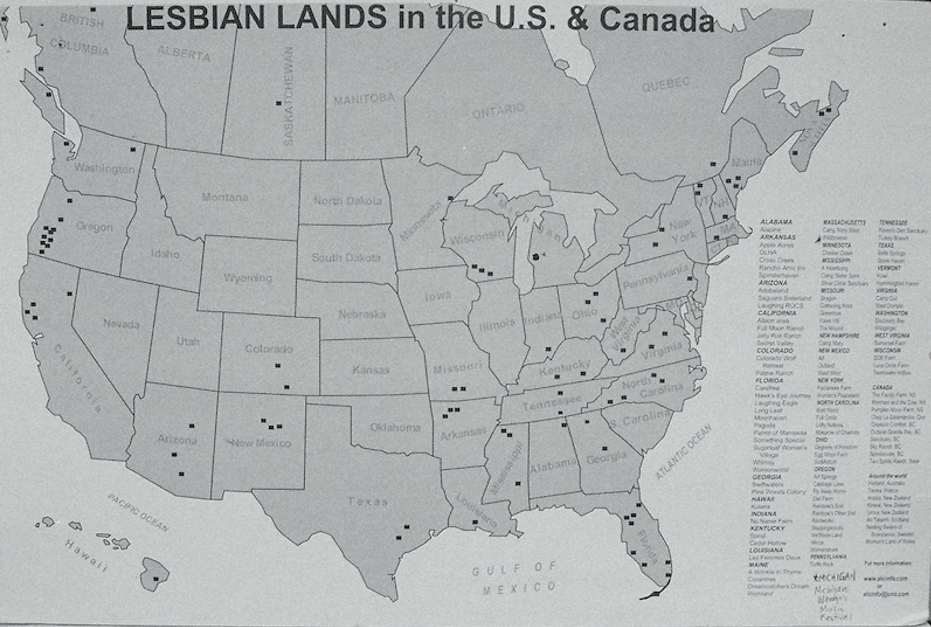 Image: A map showing settlements in the United States and Canada during the heyday of lesbian alternative communities
Image: A map showing settlements in the United States and Canada during the heyday of lesbian alternative communities
